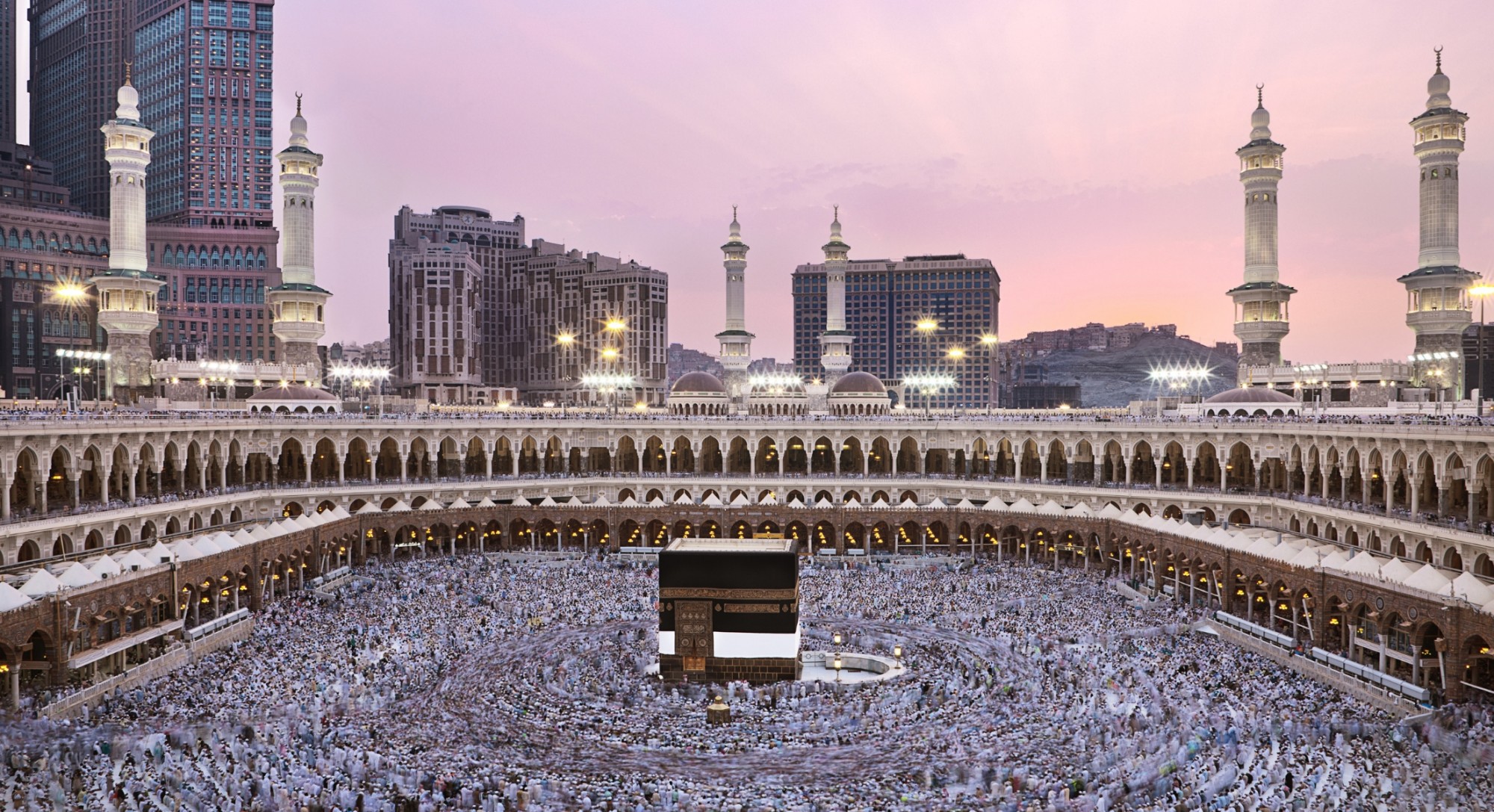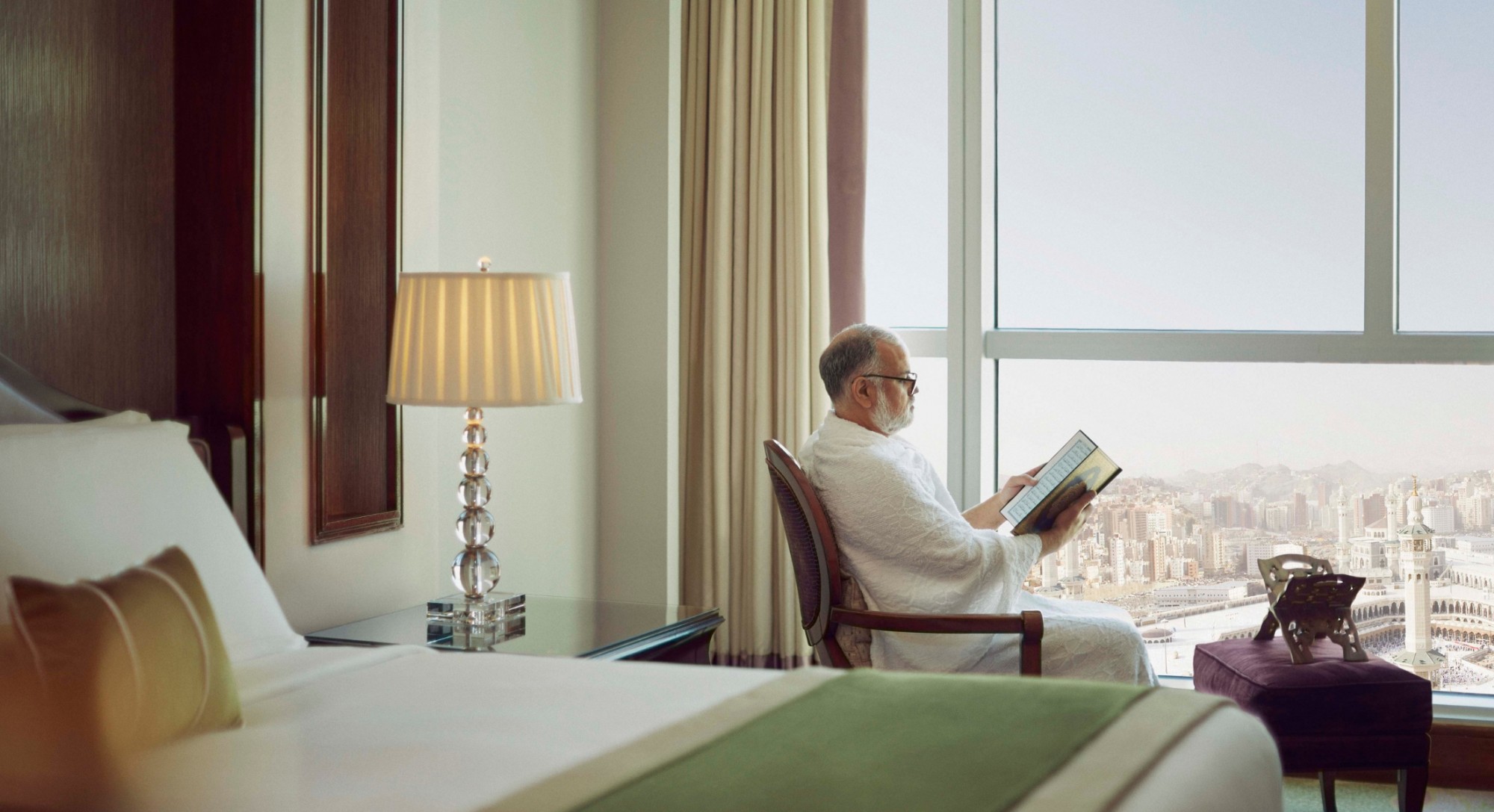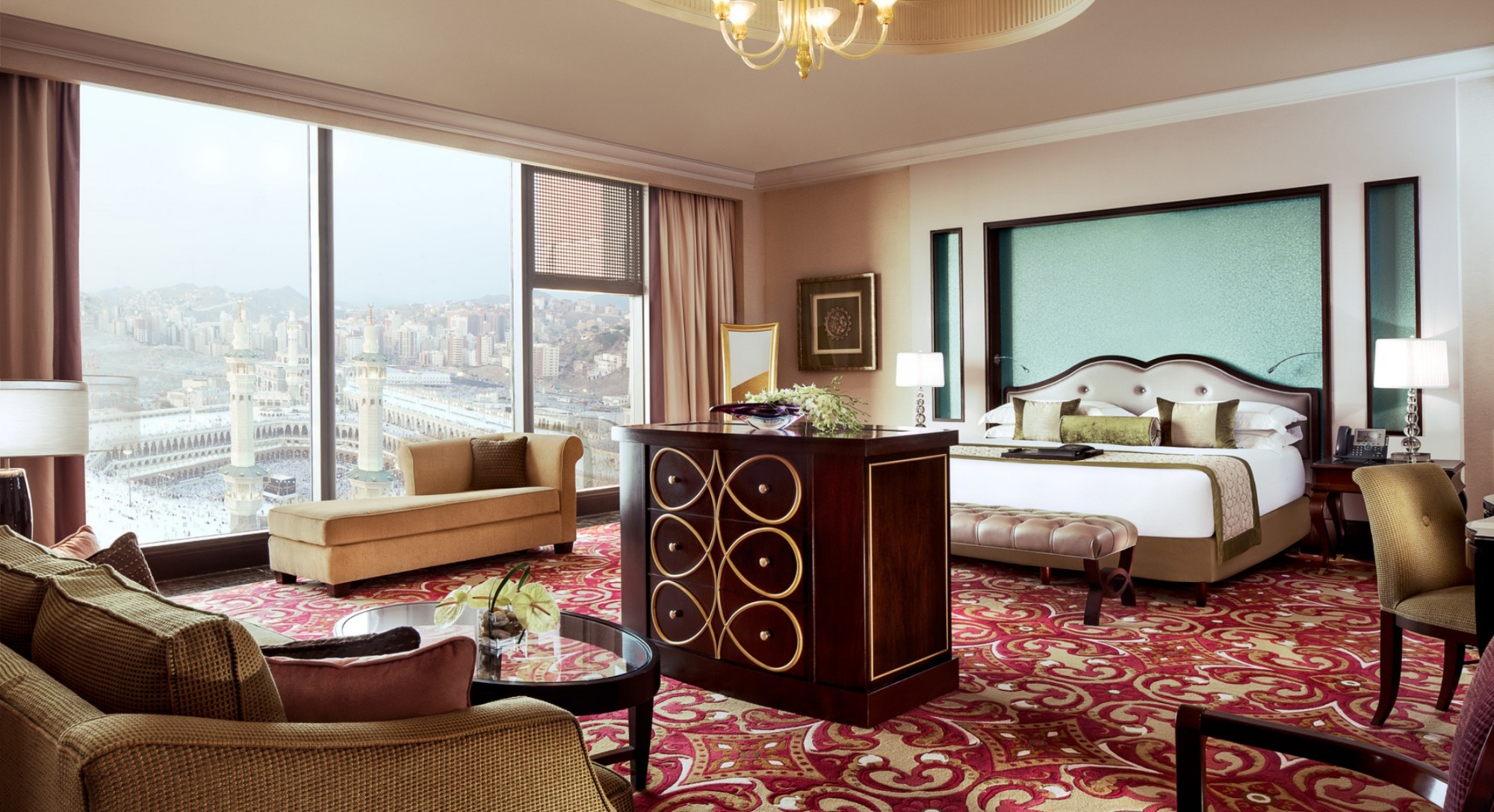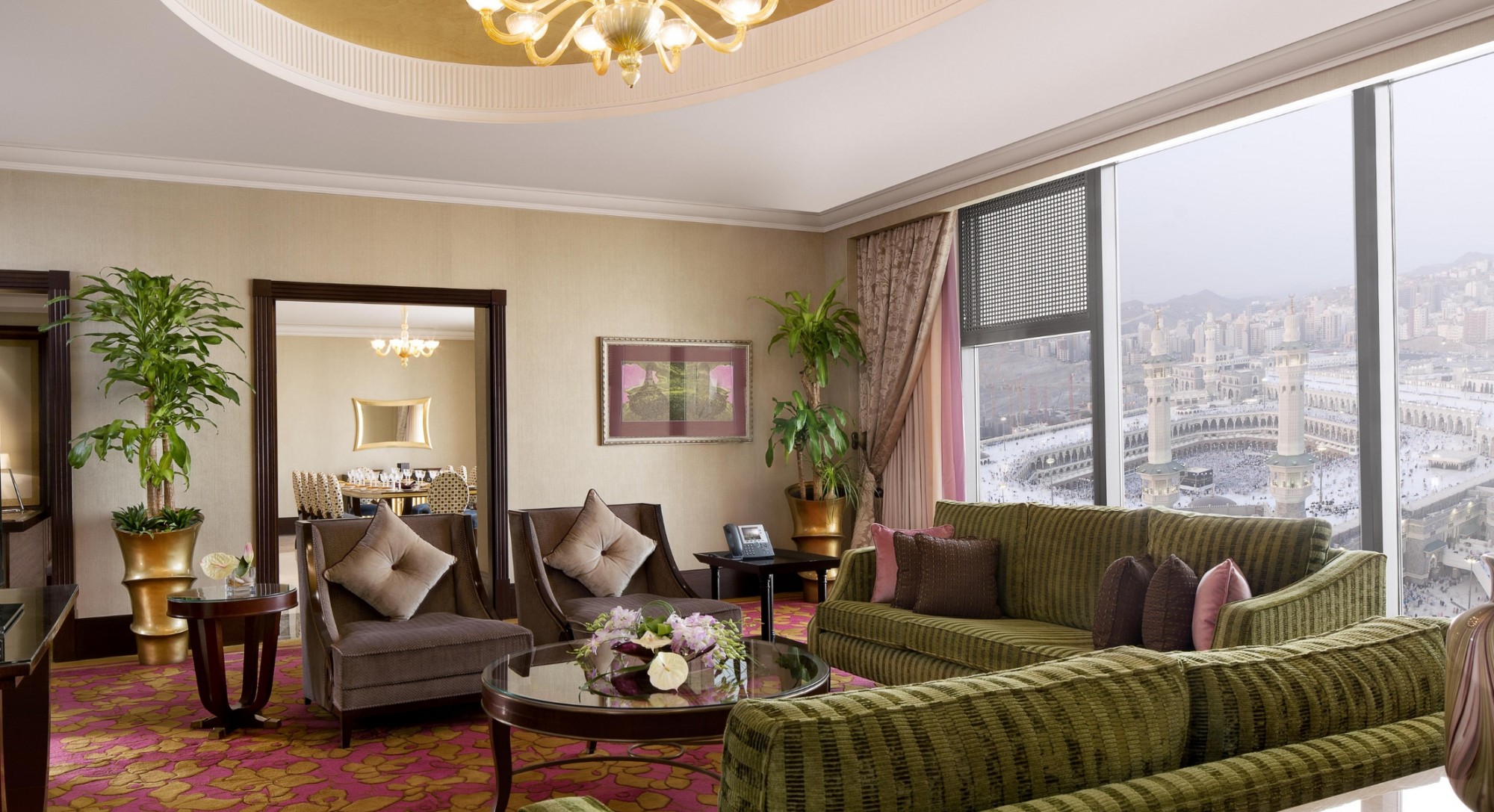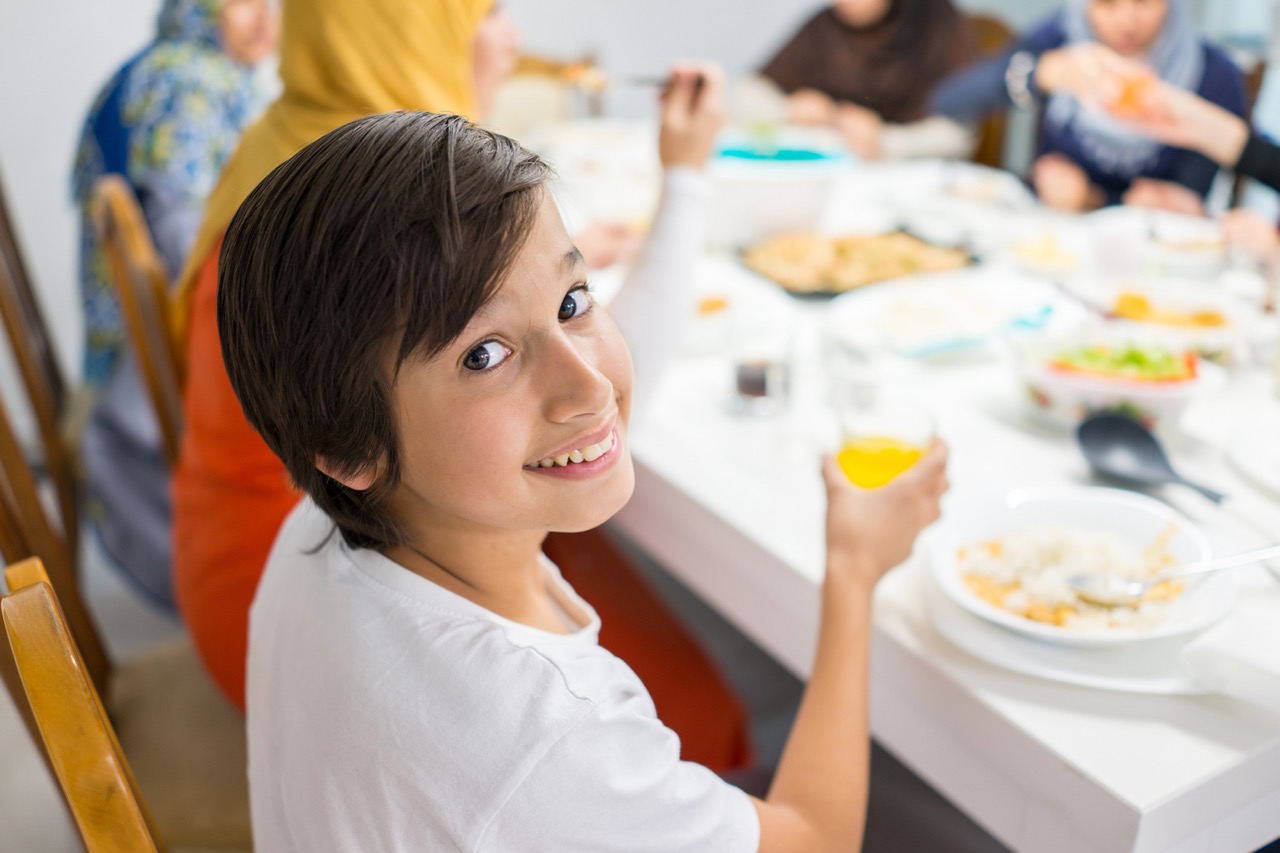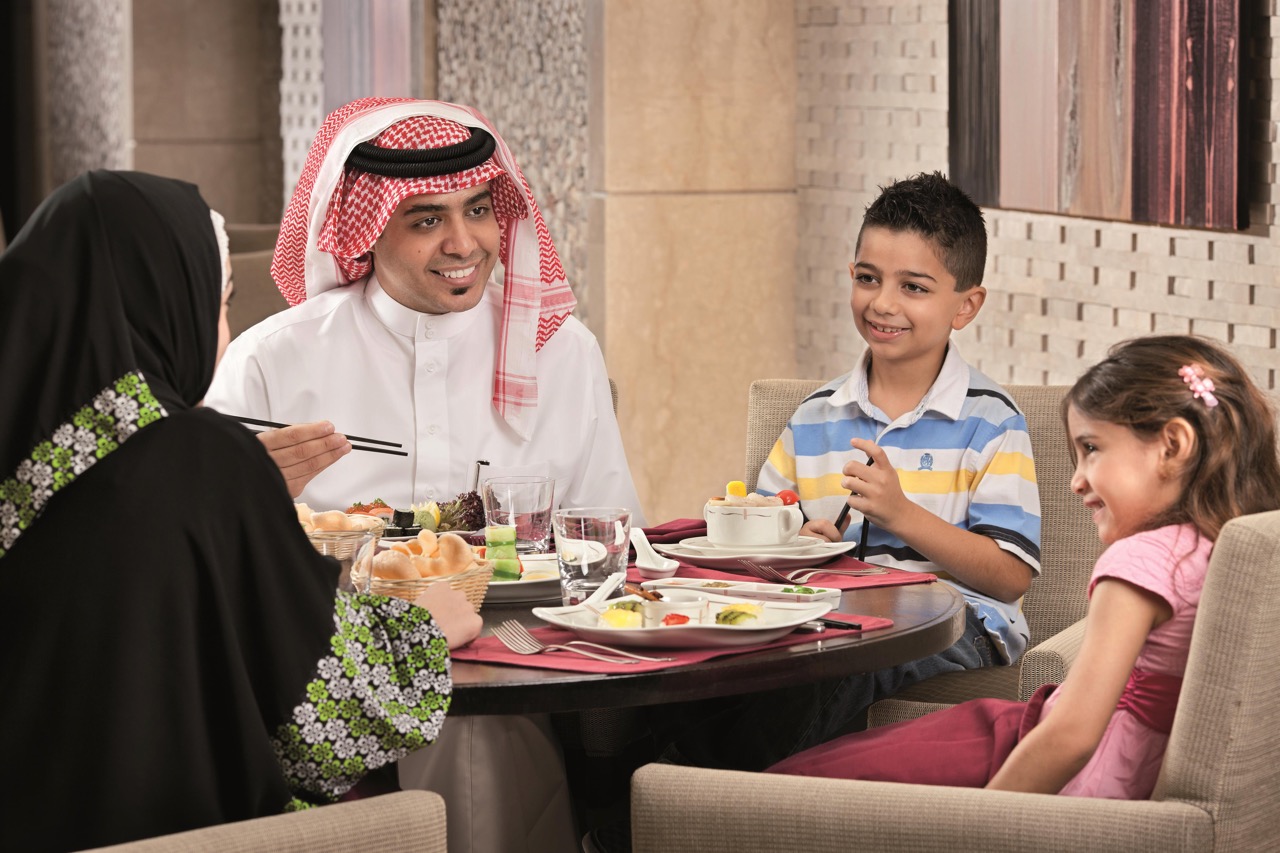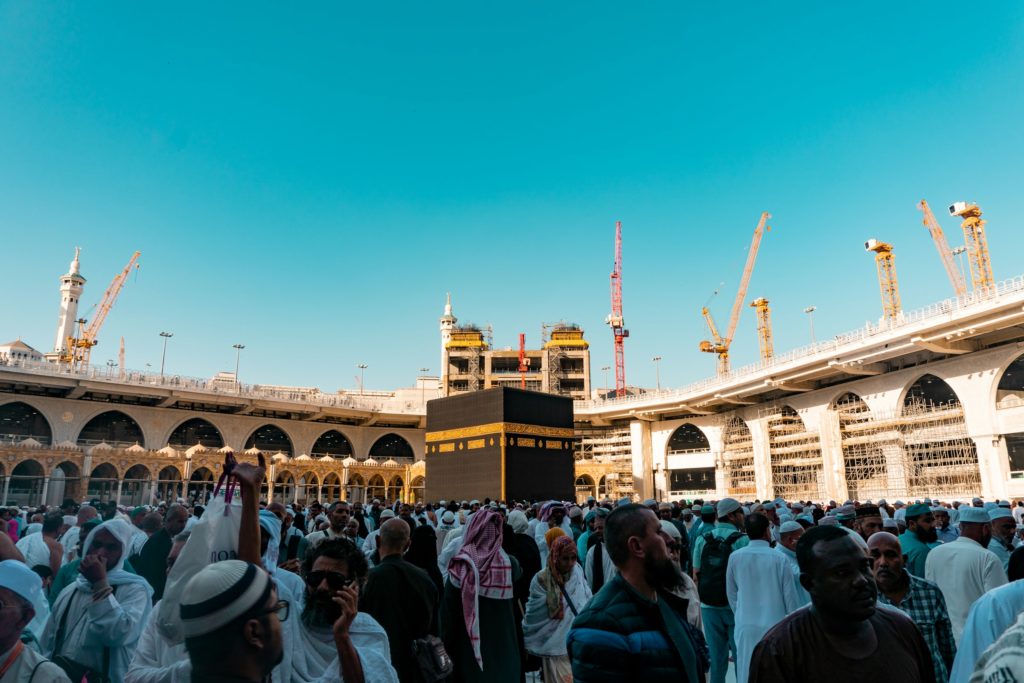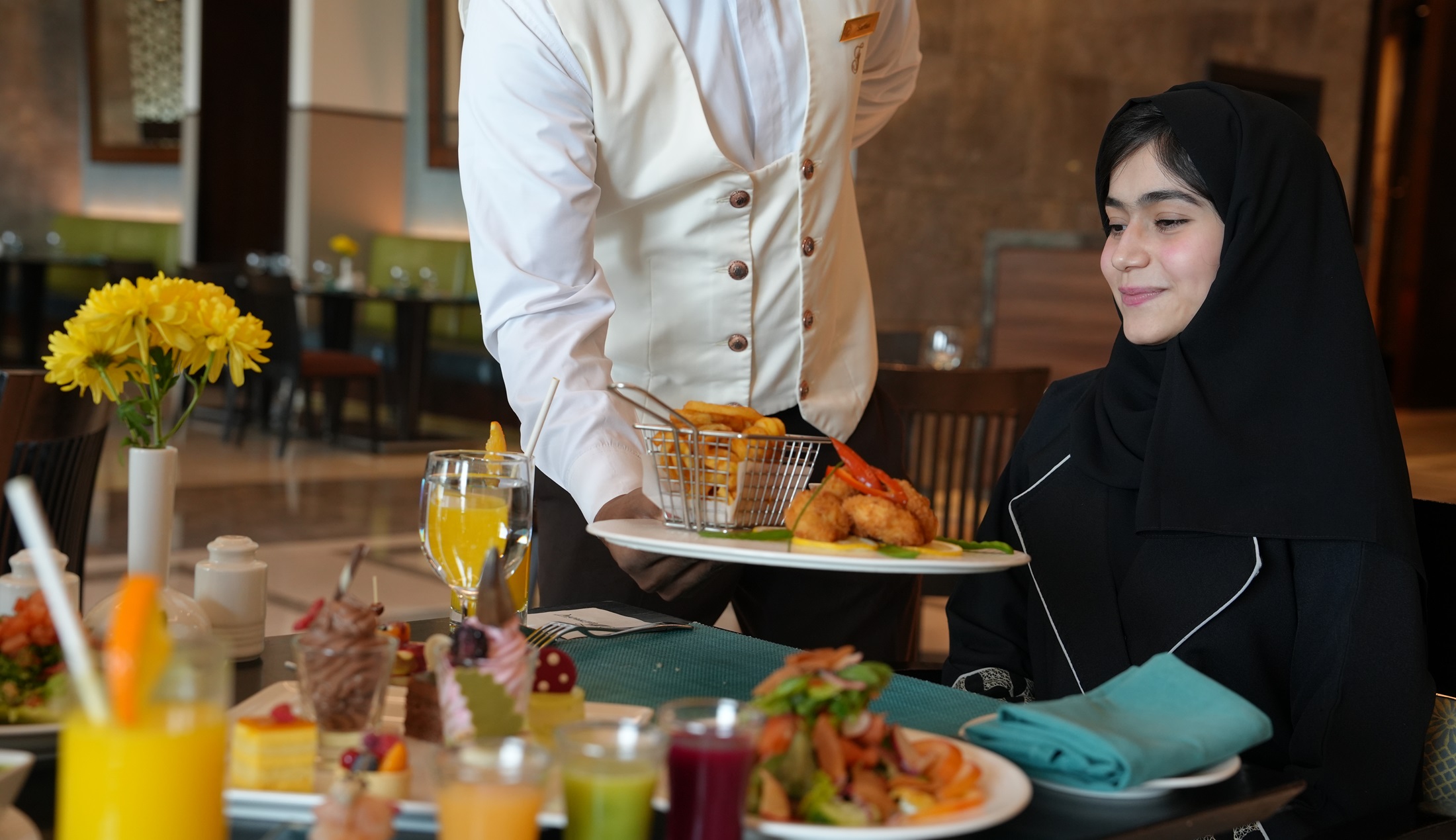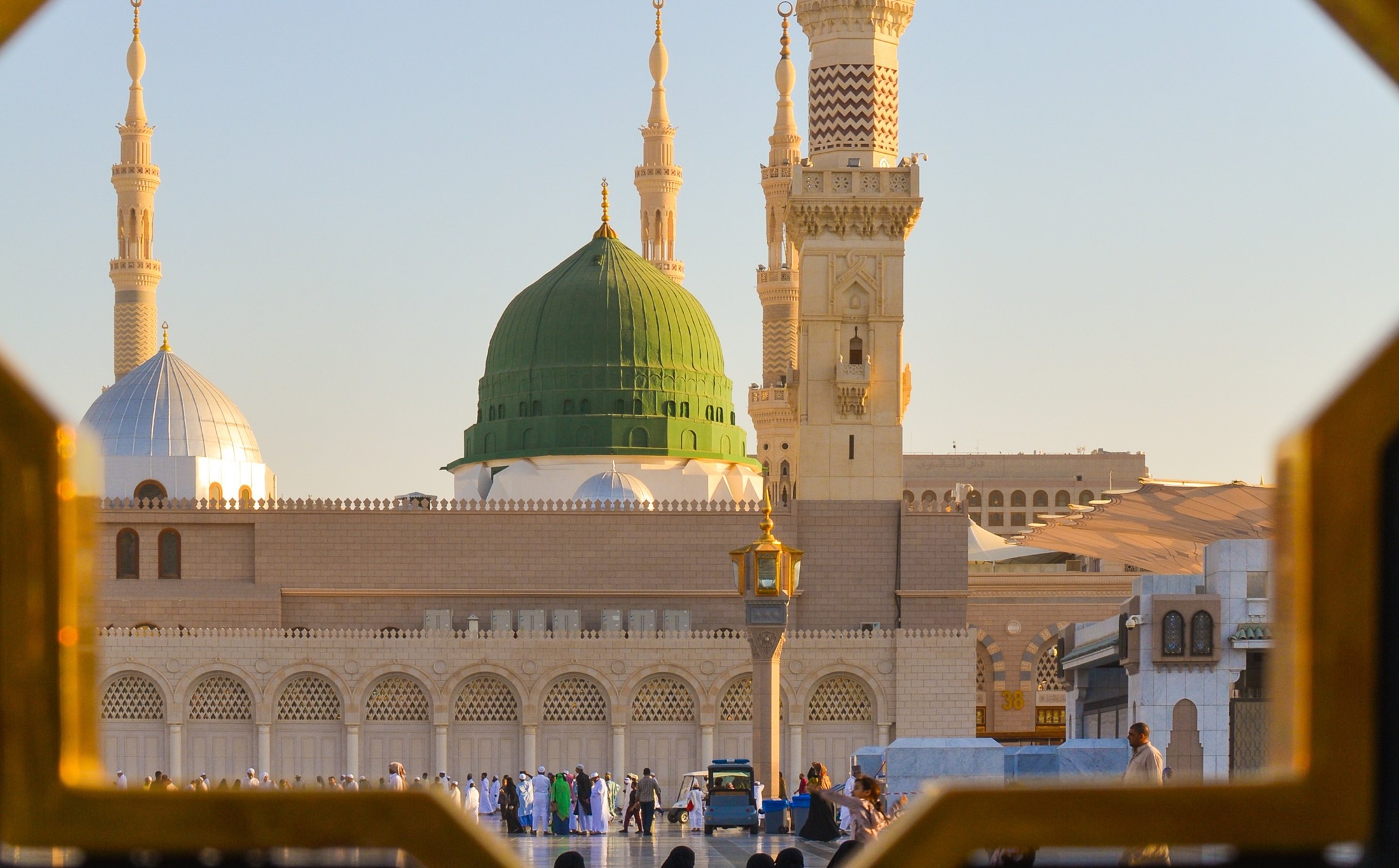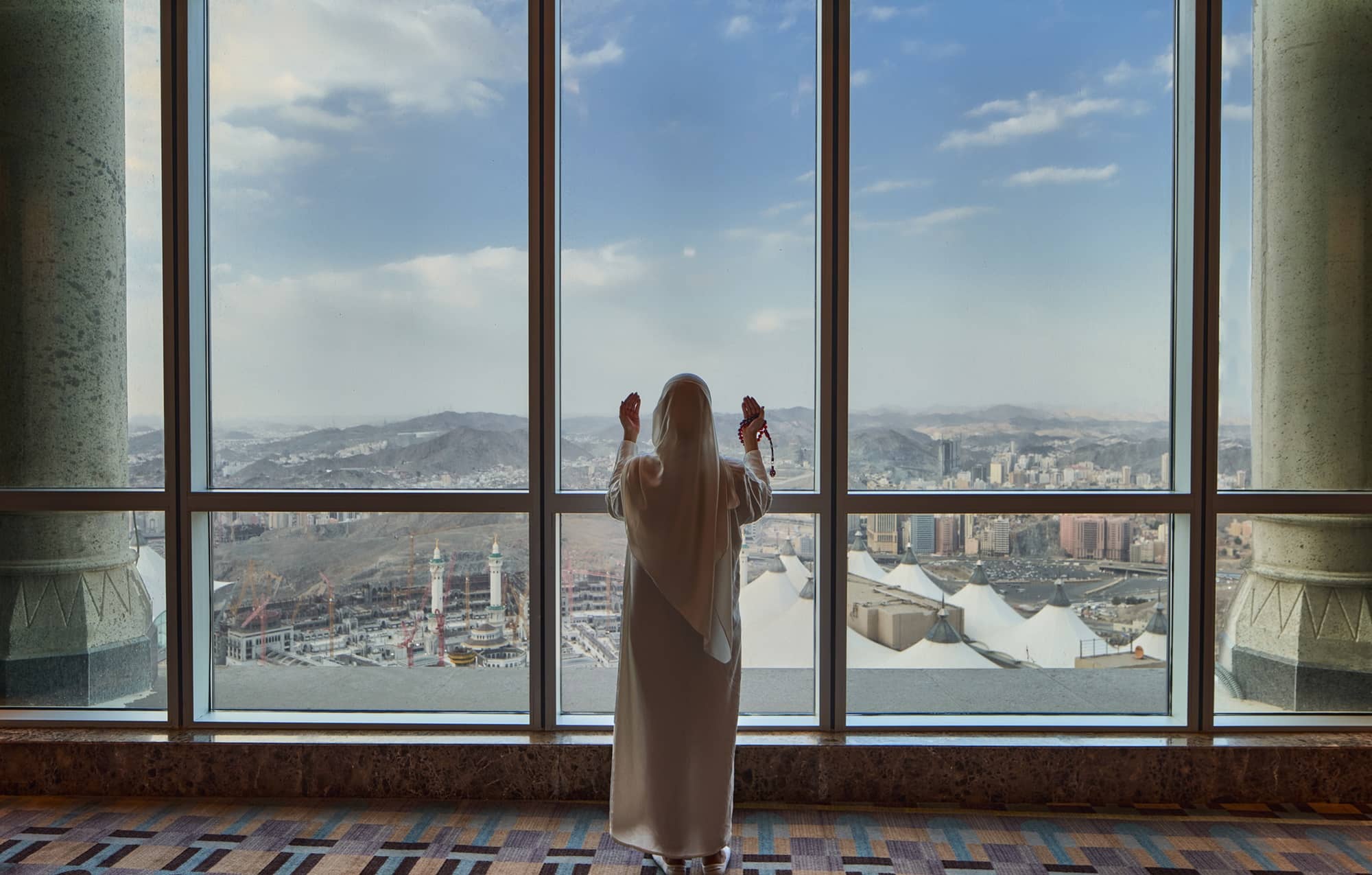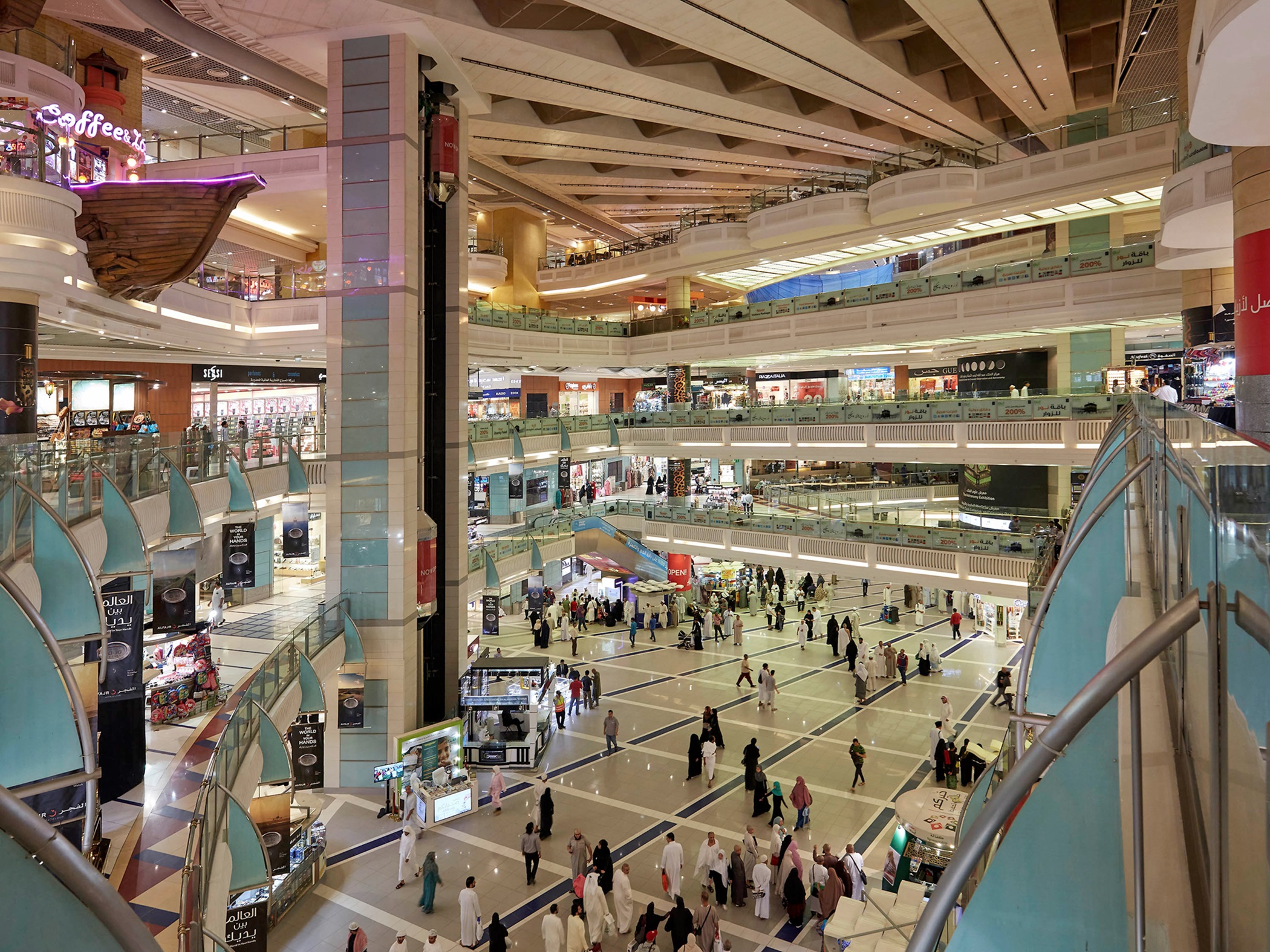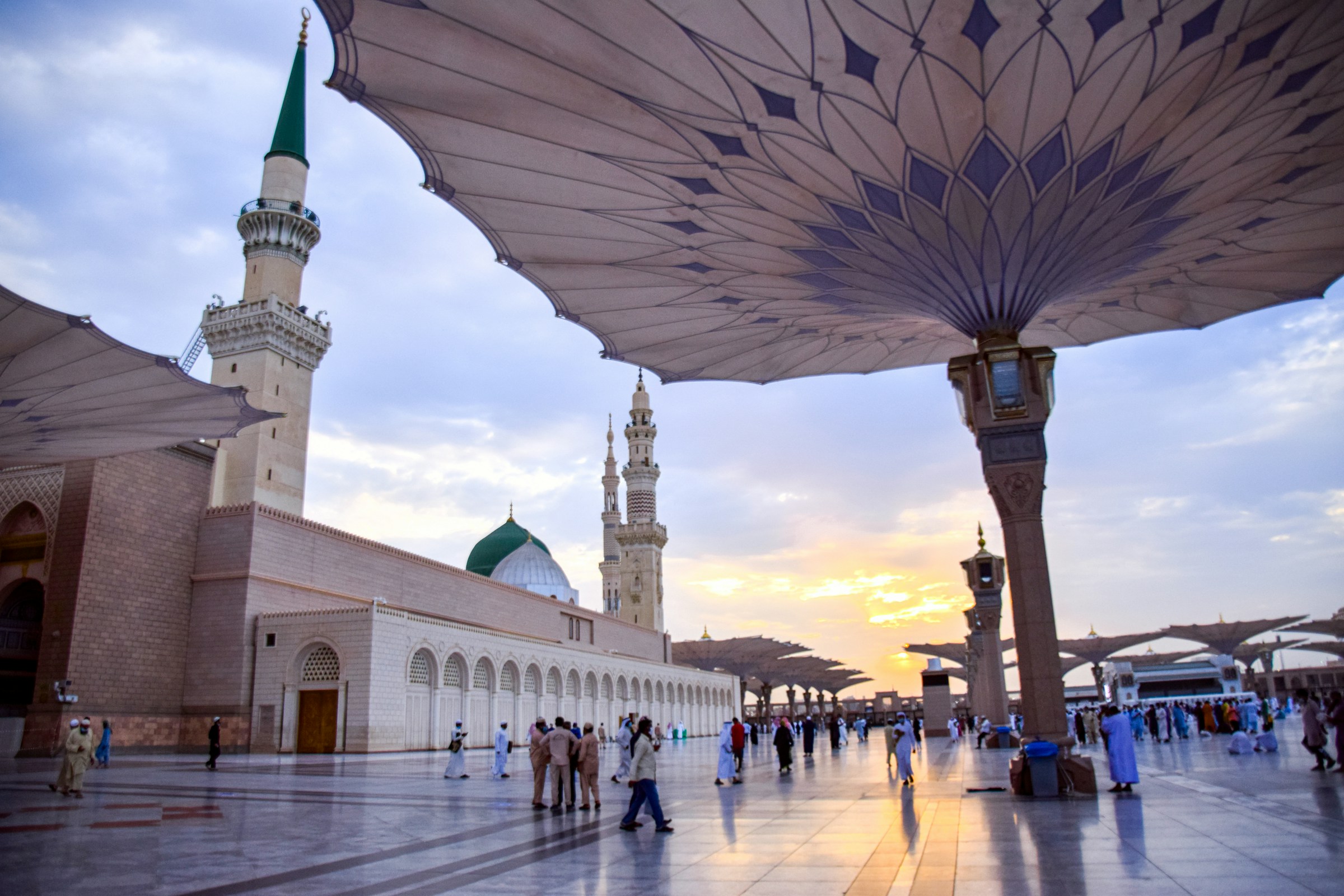Discover the best restaurants in Makkah for kids
If you’re in Makkah with your family, you’ll know how important it is to find family-friendly restaurants where kids are welcome and will have a good time. Here’s a new guide to some top places to eat if you’re travelling with children.
You’ll find that many international restaurants in Abraj Al Bait and around the Grand Mosque allow children in all areas. Other restaurants, especially those specialising in Turkish, Indian or Arabic cuisine, have separate family sections. Check when booking to get a table in the right area!
All of the restaurants below have facilities for children like high chairs, changing facilities and special menus. Some even have play areas where the kids can amuse themselves while you enjoy your meal in peace.


